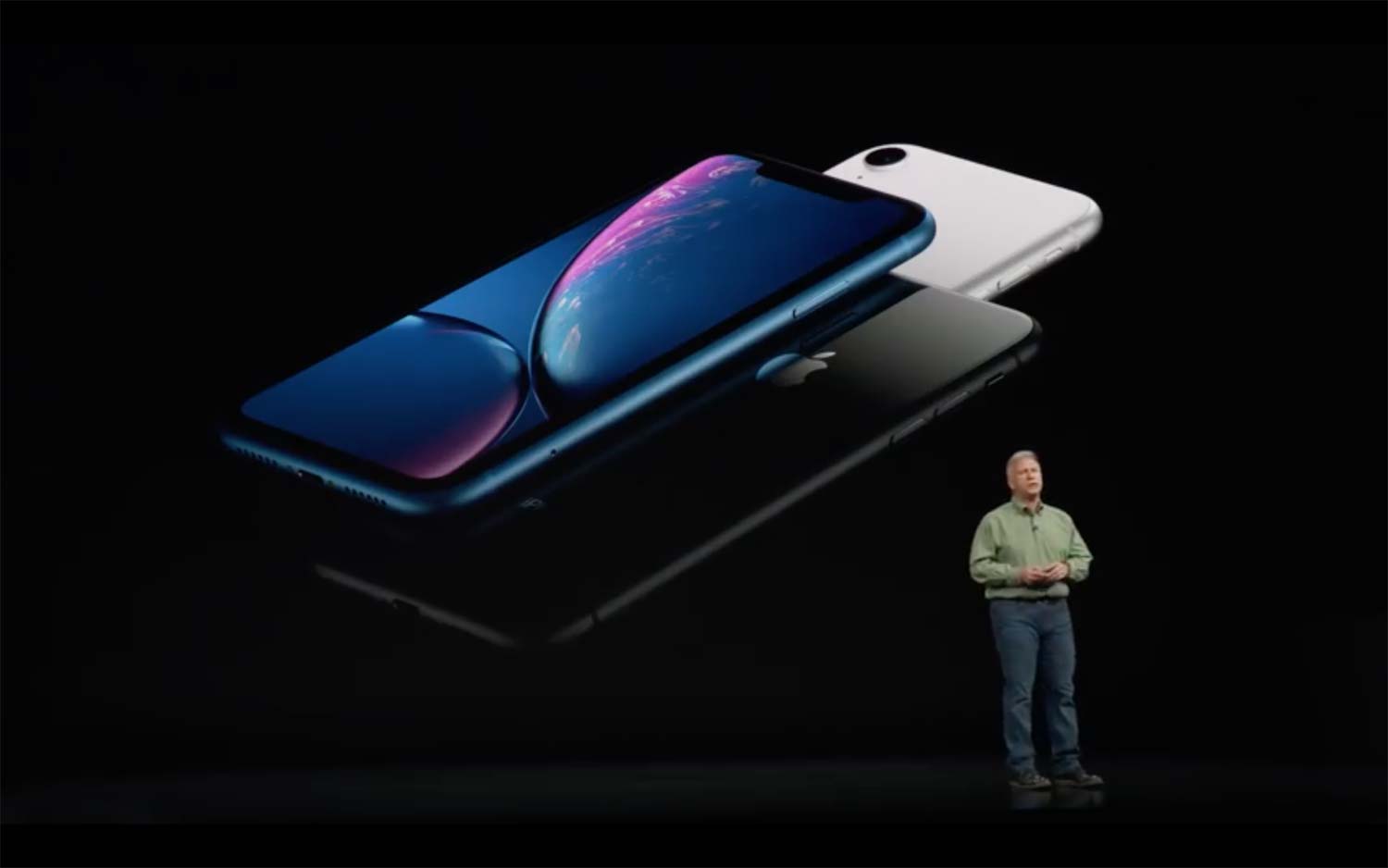Apple Tax? Record Revenue Proves Shoppers Don't Care
Higher iPhone prices are helping Apple tally record revenue in its phone business while services like the App Store, Apple Pay and others continue to grow.
Buy an iPhone, and you're paying a premium for the device, with prices on some of Apple's smartphones topping $1,000. And based on Apple's fourth-quarter earnings report, it doesn't sound like phone shoppers have a problem with this.

Apple today (Nov. 1) reported Q4 2018 revenue of $62.9 billion and earnings of $2.91 per share for the three months ended Sept. 29. Both figures not only beat the estimates off Wall Street analysts, they also set records for Apple's September quarter.
Higher iPhone price tags look like they played a big role in Apple's big quarter. While iPhone unit sales were essentially flat for the quarter — the company sold 46.9 million phones this year versus 46.7 million last year — revenue from phones jumped 29 percent year-over-year to $37.2 billion. That reflects a higher selling price for the iPhone, with the iPhone X and now the iPhone XS costing $999 and the XS Max selling for even more.
This quarter's numbers only reflect a tiny bit of iPhone XS and XS Max sales, as those two phones didn't hit retail shelves until two weeks before the quarter ended. (And they don't reflect the iPhone XR at all, since sales of that model didn't begin until October.) But Apple executives sound pleased with how the rollout is going so far. "The iPhone XS and XS Max have gotten off to a really great start," Apple CEO Tim Cook told analysts during a call detailing Apple's earnings.
MORE: Buying the iPhone XR? Here Are 5 Things You're Giving Up
If consumers are balking at paying the iPhone's higher prices, it's not reflected in Apple's bottom line. It's also not showing up in the customer satisfaction numbers the company likes to trot out when going over its quarterly performance. According to Apple chief financial officer Luca Maestri, figures from 451 Research give the iPhone X, iPhone 8 and iPhone 8 Plus a combined 98 percent satisfaction rate among customers who buy those phones.
Happy customers paying more for phones is good news for Apple's business — the iPhone accounted for 59 percent of Apple's total revenue this quarter. But phone sales are helping drive growth in another increasingly important segment for Apple — services.
Sign up to get the BEST of Tom's Guide direct to your inbox.
Get instant access to breaking news, the hottest reviews, great deals and helpful tips.
Revenue from services reached $10 billion for the quarter, a 27 percent increase from last year after accounting for a one-time adjustment that boosted Apple's year-ago revenue. The App Store, cloud services, Apple's online store and Apple Pay all did record business, with Apple Pay standing out in particular. Transaction volume for Apple's digital payment service tripled year over year, Cook said.
"Services are important not only because they are growing faster than some of Apple’s traditional device categories, but also because services revenues grow based on usage, not new product sales," said Avi Greengart, research director at GlobalData. "As smartphones mature and consumers hold onto them longer, Apple can still improve the user experience — and make money — by making what you already have more useful."
And that looks to be the strategy Apple hopes will deliver $89 to $93 billion in sales this coming holiday. (With Apple tallying $88.3 billion in sales over the same period last year, that actually seems a fairly conservative estimate, given that Apple gets to enjoy a full quarter's worth of new iPhone sales this time.) Get people to pay up for a new iPhone, and then keep the money rolling in, as those same customers become further immersed in Apple's network of services and subscriptions.
If the company's performance as of late is anything to go by, that's money Apple's customers will be all too happy to spend.
Philip Michaels is a Managing Editor at Tom's Guide. He's been covering personal technology since 1999 and was in the building when Steve Jobs showed off the iPhone for the first time. He's been evaluating smartphones since that first iPhone debuted in 2007, and he's been following phone carriers and smartphone plans since 2015. He has strong opinions about Apple, the Oakland Athletics, old movies and proper butchery techniques. Follow him at @PhilipMichaels.

